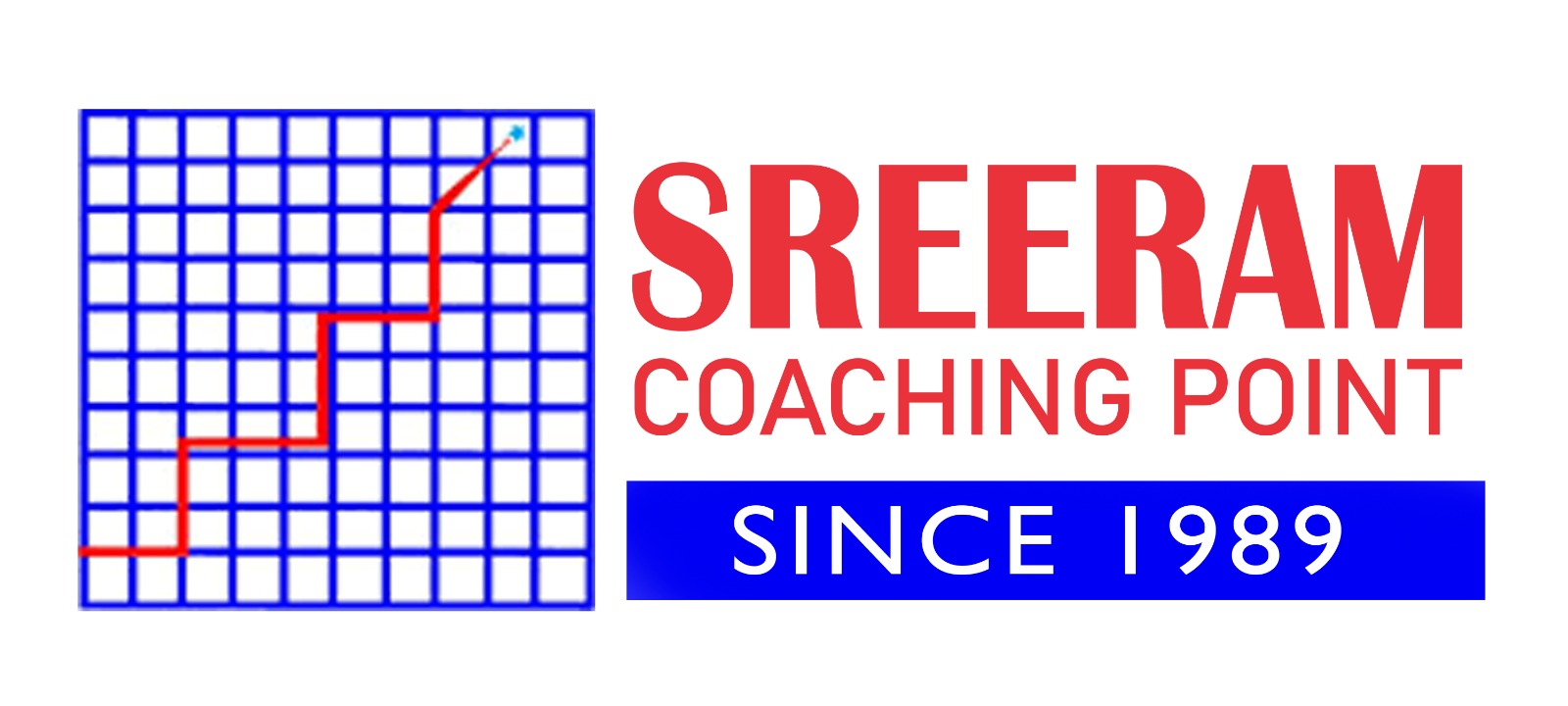
Reasonable/Absolute Assurance
In auditing, reasonable assurance means that auditors provide a high level of confidence that the financial statements are free from major errors or fraud, but they don’t guarantee perfection. Auditors use tests, checks, and professional judgment to assess the accuracy of the statements, but they can't look at every single detail. This is because of limitations like time, cost, and the large volume of transactions. So, while they aim to catch significant issues, there’s still a small chance something might slip through.
On the other hand, absolute assurance would mean the auditors are 100% sure that the financial statements are completely error-free and without any fraud. However, this level of certainty isn’t realistic in auditing because it would require reviewing every single transaction and piece of information, which isn’t practical. Therefore, audits work on the basis of reasonable assurance to strike a balance between thoroughness and efficiency.
By CA L.Muralidharan and CPA L.Mukundan
Visit www.sreeramcoachingpoint.com for more blogs & www.lmgcute.com
Contact: 6383228202 or 9884439769
Also download our app Gyanji for more utility and benefits
Best place of coaching for CPA, CMA USA & CA

